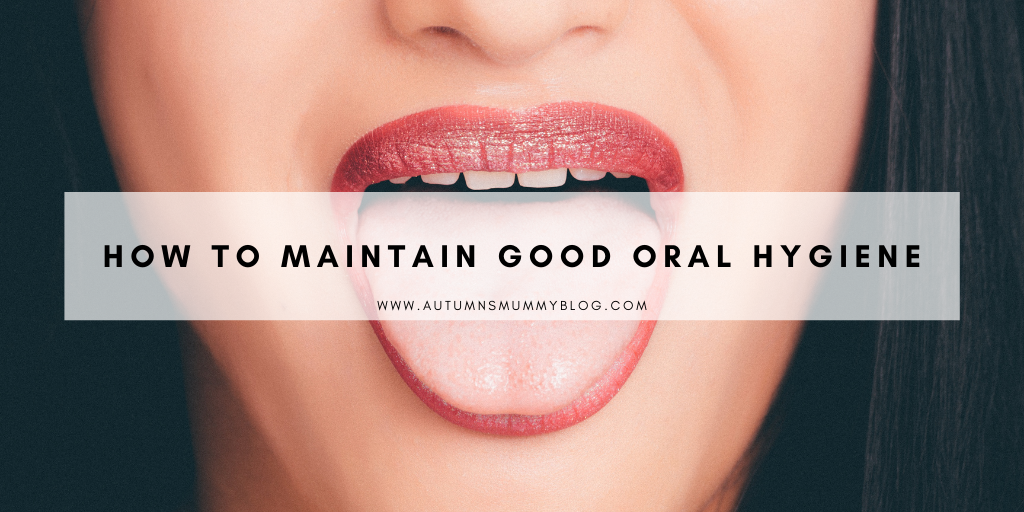Collaborative Post¦ Good oral hygiene is a must. Not only does it mean your mouth and teeth are clean, but it’s also ideal for the rest of your body too. After all, as you chew and swallow, heaps of bacteria are entering your body and this bacteria all needs to be processed. If hygiene is not kept up, this could develop into different illnesses and cause a lot of complications.
Another result of not keeping up with basic oral hygiene is that teeth can decay more quickly, resulting in pain and discomfort and a loss of confidence. You’ll soon find yourself needing emergency toothache relief or even needing teeth removed if you don’t practice good hygiene. Thankfully, this can easily be avoided by maintaining better oral health.
Brush your teeth
Brushing your teeth is essential for maintaining good health. You should brush your teeth both morning and night to make sure no bacteria are left lodged between your teeth. Brushing your teeth will also remove a build-up of plaque, which happens throughout the day. Brushing your teeth before bed is essential as it will remove all of the bacteria that has built up over the day.
Brushing should last between 3-4 minutes per occasion, and brushing with fluoride toothpaste is recommended. Fluoride is used to help strengthen and rebuild enamel on teeth. Enamel is what protects the tooth and slows down the decaying process. To ensure you’re brushing your teeth properly, moving your toothbrush in circular motions ensures you hit every crevice, removing as many germs as possible.
Your toothbrush should be changed every 6 months or so, but that can depend; sometimes, you will need to change it sooner. When looking to buy a new toothbrush, electric brushes are often recommended by dentists. This is because they can be more aggressive in lifting plaque and bacteria without harming the tooth. Brushing too hard with a manual toothbrush can cause discomfort and sometimes even bleeding. You can also consult professional help to get rid of plaque with the cosmetic dentist in Sarasota FL.
Think of your tongue
Plaque and bacteria can also build up on the tongue, so once you have brushed your teeth, you can give your tongue a brush too. This lifts any harmful bacteria. You don’t need to brush as aggressively on your tongue; being gentle is much better. As it’s a softer area, plaque will lift pretty easily. You can use a little toothpaste as you do this, but you don’t need as much paste as you need for your teeth.
Floss
Flossing is not just for those occasions where you get food stuck between your teeth. It’s actually something that should be done every day. Ideally, it can be done before brushing your teeth so that any plaque or food can be dislodged. It can also be done throughout the day to minimise the build-up of plaque. If left, bacteria, food and plaque can irritate the gums and become lodged between the teeth and the gums. This could cause swelling, redness and an infection. Ulcers can also appear in the mouth. Although there are always emergency toothache relief remedies, flossing would prevent this from happening.
Visit the dentist
Visiting the dentist is essential. Even if you maintain good oral health, they can notice things the average person can’t. After all, they have had years of training and experience, so trusting experts is best when it comes to oral hygiene. Routine appointments can indicate if your oral routine is suitable or if you need to make improvements. Dentists will also be able to check your gums and make sure they look healthy.
Overall, your oral hygiene is important. It’s something that needs to be maintained so that teeth and gums remain healthy, as do your insides.
Disclosure: This is a collaborative post.
